Living in Fort Worth means relying heavily on your HVAC system to keep your home comfortable throughout the year. From sweltering summer heat to unexpected cold spells, your HVAC system works overtime to maintain indoor comfort.
Understanding how your system operates is the first step in preventing failures. With many components like compressors, condensers, and evaporators, each part has a unique role in heating and cooling your home. When one part fails, it can impact the whole system.
By learning about the common causes of HVAC problems, homeowners can take proactive steps to avoid them. With proper maintenance and knowledge of Fort Worth’s specific environmental challenges, you can safeguard your HVAC system, ensuring it runs smoothly when you need it the most.
Understanding HVAC System Components
An HVAC system is a complex machine made up of several key components that work together to heat and cool your home. First, there’s the compressor, often called the heart of the system, which pumps refrigerant through the unit. This process starts by compressing the refrigerant gas, turning it into a high-pressure, high-temperature state.
Next, the condenser plays its part by cooling the refrigerant, which enters it as a hot gas. Located outside the house, the condenser turns this hot gas back into a cooler liquid by releasing the absorbed heat. The evaporator, found inside the house, takes care of the next step. It’s responsible for absorbing heat from your home’s air, which cools the air that is then blown through your ducts, providing a consistent flow of comfortable temperatures.
Regular maintenance is essential for these components to function properly. Routine check-ups can catch issues like blockages or wear and tear, which can strain the system or lead to failures. Proper care ensures each part operates efficiently and extends the lifespan of your HVAC system, preventing inconvenient and costly breakdowns.
Common Causes of HVAC Failures
HVAC systems can face several common issues that lead to failures. One frequent problem is dirty filters. When filters get clogged with dust and debris, airflow is restricted, forcing the system to work harder than necessary. This extra effort can lead to overheating and eventual failure.
Another common cause is refrigerant leaks. The refrigerant is crucial for cooling and heating, and when levels are low, the system can’t maintain the desired temperature effectively. Refrigerant leaks not only reduce efficiency but can also damage other parts of the HVAC system if not addressed promptly.
Electrical problems are another culprit behind HVAC malfunctions. Issues such as faulty wiring, blown fuses, or broken capacitors disrupt the system’s operation. These electrical failures can cause the unit to stop functioning altogether or operate less efficiently, leading to higher energy costs.
Being aware of these common causes helps homeowners proactively maintain their HVAC systems. Regularly checking filters, monitoring refrigerant levels, and ensuring all electrical components are in good shape can prevent these problems and keep your system running efficiently.
Environmental Factors in Fort Worth
Fort Worth’s climate poses unique challenges to HVAC systems. The high summer temperatures mean your system works harder for longer periods, increasing wear and tear. Additionally, the city often experiences dust storms, which can clog systems and reduce efficiency if not regularly cleaned. The high humidity levels also add an extra layer of stress since moisture can lead to rust or mildew inside the system, impacting performance.
These environmental conditions can strain even the best-maintained systems, leading to increased risk of breakdowns if they’re not properly addressed. Dust accumulation inside the system decreases airflow, forcing the HVAC unit to work harder to maintain the desired temperature. Dust and dirt can also cover coils, making heat exchange less efficient.
Homeowners in Fort Worth should take proactive steps to protect their HVAC systems. Here are some tips:
– Regular Cleaning: Keep the area around your outdoor unit clear of debris. Clean your system regularly to prevent dust and dirt buildup.
– Humidity Control: Use a dehumidifier to manage indoor moisture levels, which helps reduce system strain.
– Shade and Ventilation: Provide shade for outdoor units and ensure proper ventilation, assisting the system in cooling more efficiently.
Prevention Tips for Homeowners
Keeping your HVAC system running smoothly requires a blend of simple tasks and professional intervention. Homeowners can adopt several easy practices to minimize the risk of failures and enhance efficiency:
1. Schedule Regular Inspections: Have your HVAC system inspected twice a year, ideally in spring and fall. Professional check-ups can identify issues before they become major problems.
2. Change Filters Frequently: Replace or clean air filters every one to three months. This ensures proper airflow and reduces strain on the system.
3. Monitor Energy Usage: Keep an eye on your energy bills. A sudden increase may indicate your HVAC system isn’t operating efficiently and needs attention.
4. Clear Surrounding Areas: Ensure the area around your outdoor unit is free of debris and vegetation. This promotes better airflow and reduces the risk of damage from falling branches or debris.
Emphasizing regular maintenance is crucial for the long-term health of your HVAC system. While these steps can prevent many common problems, professional technicians provide deeper insights and skills to keep your system in top shape, making regular maintenance a wise investment.
Conclusion
Maintaining an HVAC system in Fort Worth requires awareness of both internal and external factors. Understanding the workings of key components and the impact of local environmental challenges empowers homeowners to take preventative actions. Regular maintenance combines with practical steps to reduce strain and prevent common issues like dirty filters, refrigerant leaks, and electrical failures.
Comprehensive care includes responding to the specific needs of Fort Worth’s climate, ensuring your HVAC system stands strong against dust, heat, and humidity. By prioritizing inspections and upkeep, homeowners extend the life of their systems and maintain comfort throughout the year.
Boost your home’s comfort and system reliability by reaching out to Spire Heating and Air Conditioning. Our skilled professionals are ready to help with expert HVAC maintenance in Fort Worth that is tailored to your unique needs. Keep your HVAC system running smoothly with us – your trusted partner for all heating and cooling needs.


